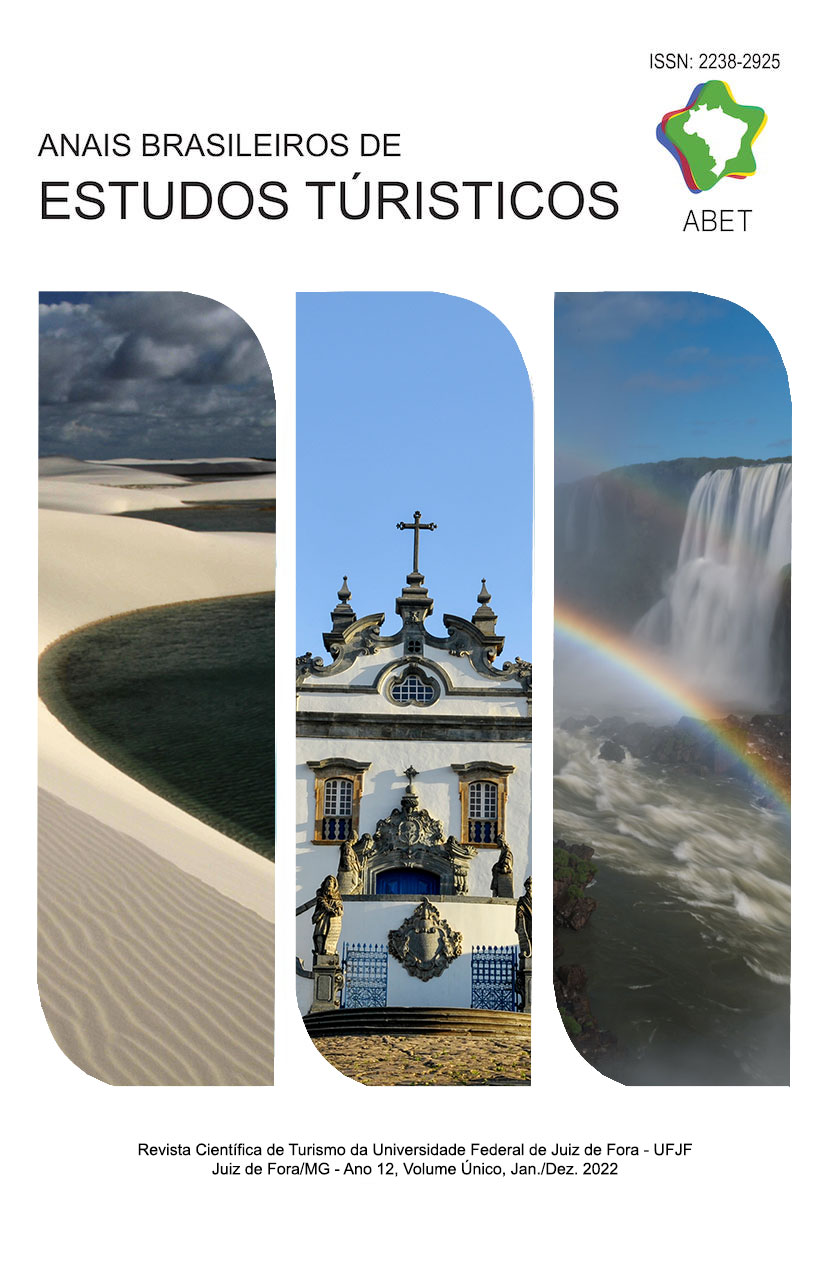Tourism in Urban Intervention Processes: the Case of Little Africa (RJ)
DOI:
https://doi.org/10.5281/zenodo.6872521Keywords:
Porto Maravilha, Valongo Wharf, Heritage, Memory, TourismAbstract
The article promotes an analysis of the ten years of implementation of the Porto Maravilha [Marvelous Port] project in the port area of the city of Rio de Janeiro (Brazil). Returning to previous projects, the article describes the territory in question from different models of urban intervention, presenting the space in question as a target of disputes. In this scenario, subterranean memories and narratives of resistance provide possibilities for reflection about the social function of tourism, since assets recognized as symbols of the African diaspora in the region, such as the archaeological site of Cais do Valongo, challenge silencing and tension social structures towards a new collective consciousness about heritage, ancestry and Brazilian identity.
Downloads
Downloads
Published
How to Cite
Issue
Section
License
Copyright (c) 2022 Anais Brasileiros de Estudos Turísticos

This work is licensed under a Creative Commons Attribution 4.0 International License.
This journal provides immediate open access to its content, following the principle that providing free scientific knowledge to the public provides greater democratization of world knowledge.
Authors must agree to the following terms relating to copyrights:
(a) Authors keep all copyright and grant the to the journal the right of first publication, with the work simultaneously licensed under the Creative Commons Attribution License that allowing job sharing with recognition of authorship of the work and initial publication in this journal.
(b) Authors are allowed to assume additional contracts separately, for non-exclusive distribution of the version of the work published in this journal (e.g. publish in institutional repository or book chapter), with recognition of authorship and initial publication in this magazine.
(c) Authors are allowed and are encouraged to publish and distribute their work online (e.g. in institutional repositories or on your personal page) since they do not do this before or during the editorial process, as this can generate productive interchange, as well as increase the impact and citation of work aired. (See Effect of Free Access).















